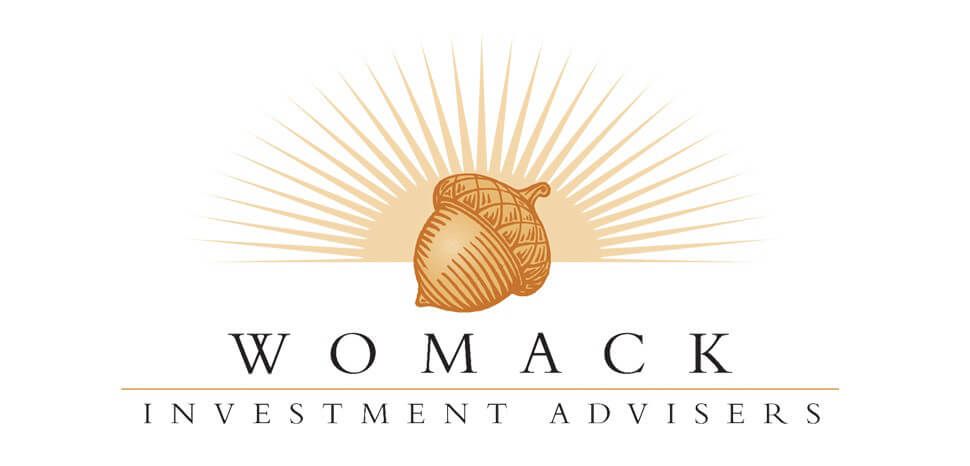1366 E 15th St, Edmond, OK 73013
Tel: (405) 340-1717 Fax: (405) 340-6091
Email: greg@womackadvisers.com
The Bull Charged From October 2023 Through March 2024

The bull charged from October 2023 through March 2024. Last week, it took a breather.
Optimistic may be the best word to describe the first quarter of 2024. From the start of the year, investors were confident that an economic soft landing in the United States was possible. The U.S. stock market reflected investors’ conviction that:
· The U.S. economy would continue to demonstrate resilience;
· Inflation would continue toward the Federal Reserve (Fed)’s target; and
· The Fed would eventually lower the federal funds rate, pushing borrowing costs down and boosting economic growth.
Over the first quarter, the Standard & Poor’s 500 Index moved 10.2 percent higher.
“That’s only the fourth time since the start of the millennium [the S&P 500] has gained 8% or more in the first three months of the year…,” reported Teresa Rivas of Barron’s. “Of the 16 times the S&P 500 has managed to rise 8% or more in the first quarter from 1950 through 2023, only once—in 1987, the year of the Black Monday crash—did the index lose ground in the rest of the year.” (While the historic data are interesting, past performance is no guarantee of future results.)
The U.S. stock rally “showed yet again that under the right conditions equities can thrive amid considerable uncertainty,” wrote Economist Mohamed El-Erian. In a Bloomberg opinion piece, he explained that U.S. stocks have moved higher despite:
· Changing interest rate expectations,
· Rising oil prices,
· Wars in Gaza and Ukraine,
· Escalating tensions among major powers, and
· Recessions in Germany, Japan, and the United Kingdom.
These issues carried less weight than other factors, El-Erian explained. “…the first quarter saw much broader investor adoption of the promise of generative artificial intelligence…This was supported by growing recognition of the innovative technology's potential to enhance productivity across many sectors and in a durable manner…From a top-down perspective, the rally's expansion…was fueled by a combination of US economic exceptionalism and the Federal Reserve's relatively dovish stance on monetary policy.”
Early last week, the rally paused. The S&P 500 fell by more than two percent through Thursday. Some attributed the shift to hawkish comments from the President of Federal Reserve Bank of Minneapolis Neel Kashkari. In an interview with Pensions & Investments, Kashkari commented, “If we continue to see inflation moving sideways, then that would make me question whether we need to do those rate cuts at all," reported Reuters.
Other factors were at play, too. John Authers of Bloomberg pointed out that the market backpedaled after a jump in oil prices (which have the potential to push inflation higher), as well as rising tensions between the U.S. and Israel.
On Friday, the market rebounded after a blowout employment report. Bloomberg Economics forecast a downshift in hiring that would result in fewer than 200,000 new jobs for March, reported Matthew Boesler. That forecast was off the mark. Employers added more than 300,000 new jobs during the month. Strong hiring pushed the unemployment rate lower even though more people were actively looking for work during the month.
Is your portfolio positioned to take advantage of the trends? Please click here for your free risk assessment. This questionnaire will allow of us to find a way that best fits your needs! We will be in touch to review with you.
For more information on how to be financially prepared, contact our office at (405) 340-1717 or email greg@womackadvisers.com
Greg Womack
1366 E. 15th Street
Edmond, OK 73013
Phone: (405) 340-1717
Womack Investment Advisers, Inc. (WIA) is a registered investment adviser whose principal office is located in Oklahoma. Womack Investment Advisers, Inc. is also registered in the State of California, the State of Illinois, the State of Indiana, and the State of Texas. WIA only transacts business in sates where it is properly registered, or excluded, or exempted from registration requirements.
The Legal Stuff
Useful Links
Contact info
Get Our Weekly Newsletter!
Contact Us
Thanks! You'll start receiving our valuable newsletter to your inbox weekly!
Please try again later

